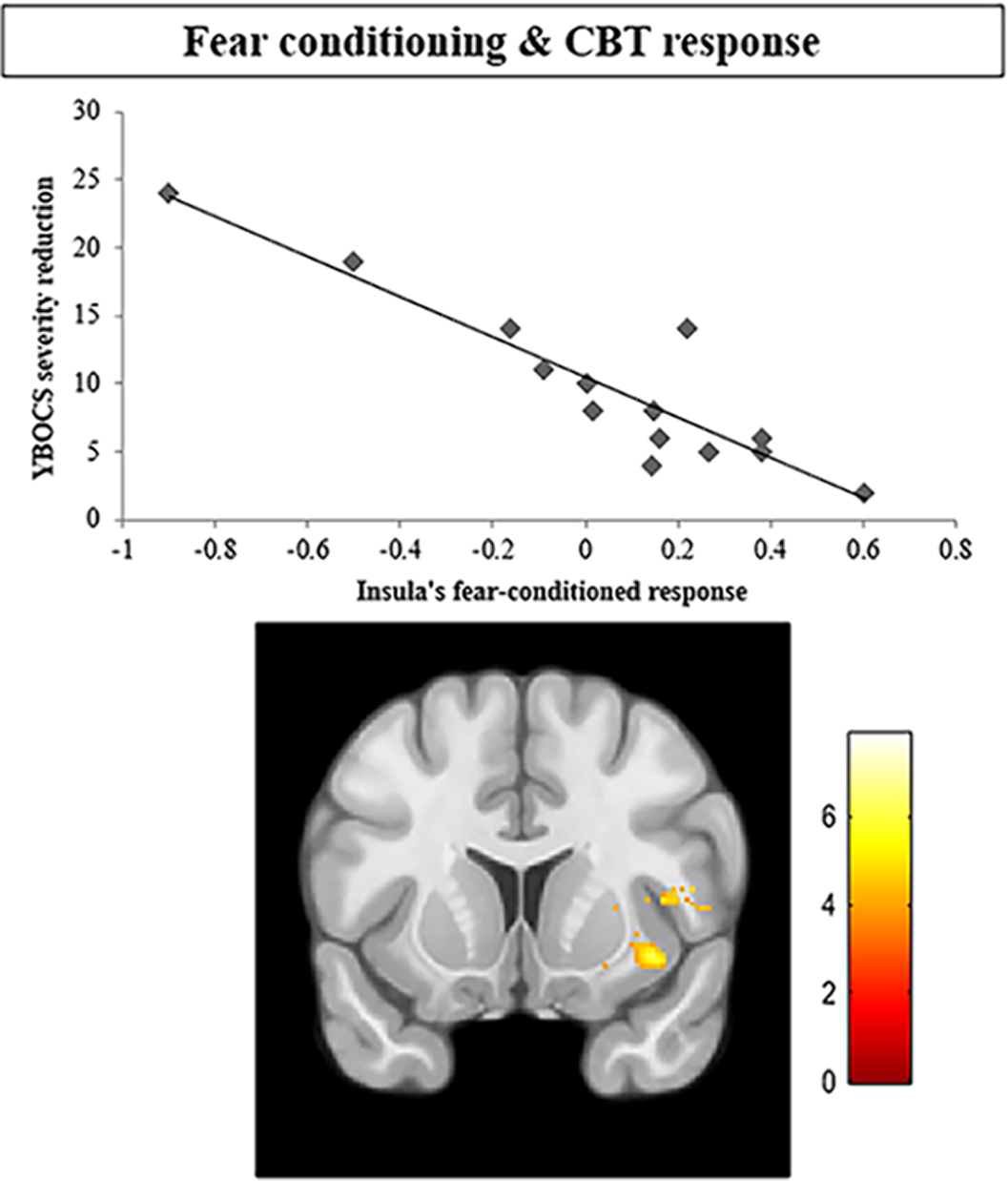13 results
Biomarkers and clinical predictors of long-term course in obsessivecompulsive disorder: A prospective cohort study
-
- Journal:
- European Psychiatry / Volume 66 / Issue S1 / March 2023
- Published online by Cambridge University Press:
- 19 July 2023, p. S231
-
- Article
-
- You have access
- Open access
- Export citation
Nucleus accumbens functional connectivity and circulating endocannabinoids levels in anorexia nervosa
-
- Journal:
- European Psychiatry / Volume 65 / Issue S1 / June 2022
- Published online by Cambridge University Press:
- 01 September 2022, pp. S90-S91
-
- Article
-
- You have access
- Open access
- Export citation
Peripheral endocannabinoids in eating disorders and obesity and its relationship with clinical and anthropometric variables
-
- Journal:
- European Psychiatry / Volume 64 / Issue S1 / April 2021
- Published online by Cambridge University Press:
- 13 August 2021, p. S115
-
- Article
-
- You have access
- Open access
- Export citation
Neurofunctional predictive biomarkers of cognitive-behavioral therapy during fear conditioning in patients with obsessive-compulsive disorder
-
- Journal:
- European Psychiatry / Volume 64 / Issue S1 / April 2021
- Published online by Cambridge University Press:
- 13 August 2021, p. S136
-
- Article
-
- You have access
- Open access
- Export citation
2907 – Social Status Determines the Performance Evaluation in Ocd Patients
-
- Journal:
- European Psychiatry / Volume 28 / Issue S1 / 2013
- Published online by Cambridge University Press:
- 15 April 2020, 28-E1754
-
- Article
-
- You have access
- Export citation
Neuroplastic Effects of Electroconvulsive Therapy in the Prefrontal-limbic Network of Drug Resistant Depression: a Whole-brain Longitudinal SMRI Study
-
- Journal:
- European Psychiatry / Volume 30 / Issue S1 / March 2015
- Published online by Cambridge University Press:
- 15 April 2020, p. 1
-
- Article
-
- You have access
- Export citation
Multilocus Genetic Profile for Glutamatergic Pathway and Frontostriatal Connectivity in Obsessive-compulsive Disorder
-
- Journal:
- European Psychiatry / Volume 30 / Issue S1 / March 2015
- Published online by Cambridge University Press:
- 15 April 2020, p. 1
-
- Article
-
- You have access
- Export citation
EPA-1084 - Catechol O-Methyltransferase Val158met Genotype and Neural Mechanisms Related to Response Inhibition in Chronic Cannabis Users
-
- Journal:
- European Psychiatry / Volume 29 / Issue S1 / 2014
- Published online by Cambridge University Press:
- 15 April 2020, p. 1
-
- Article
-
- You have access
- Export citation
Ventromedial prefrontal cortex activity and pathological worry in generalised anxiety disorder
-
- Journal:
- The British Journal of Psychiatry / Volume 213 / Issue 1 / July 2018
- Published online by Cambridge University Press:
- 09 May 2018, pp. 437-443
- Print publication:
- July 2018
-
- Article
-
- You have access
- HTML
- Export citation
Altered functional connectivity of the subthalamus and the bed nucleus of the stria terminalis in obsessive–compulsive disorder
-
- Journal:
- Psychological Medicine / Volume 48 / Issue 6 / April 2018
- Published online by Cambridge University Press:
- 22 August 2017, pp. 919-928
-
- Article
- Export citation
Brain regions related to fear extinction in obsessive-compulsive disorder and its relation to exposure therapy outcome: a morphometric study
-
- Journal:
- Psychological Medicine / Volume 44 / Issue 4 / March 2014
- Published online by Cambridge University Press:
- 18 June 2013, pp. 845-856
-
- Article
- Export citation
Neural response to the observable self in social anxiety disorder
-
- Journal:
- Psychological Medicine / Volume 43 / Issue 4 / April 2013
- Published online by Cambridge University Press:
- 16 August 2012, pp. 721-731
-
- Article
- Export citation
Influence of the fusiform gyrus on amygdala response to emotional faces in the non-clinical range of social anxiety
-
- Journal:
- Psychological Medicine / Volume 39 / Issue 7 / July 2009
- Published online by Cambridge University Press:
- 21 January 2009, pp. 1177-1187
-
- Article
- Export citation




